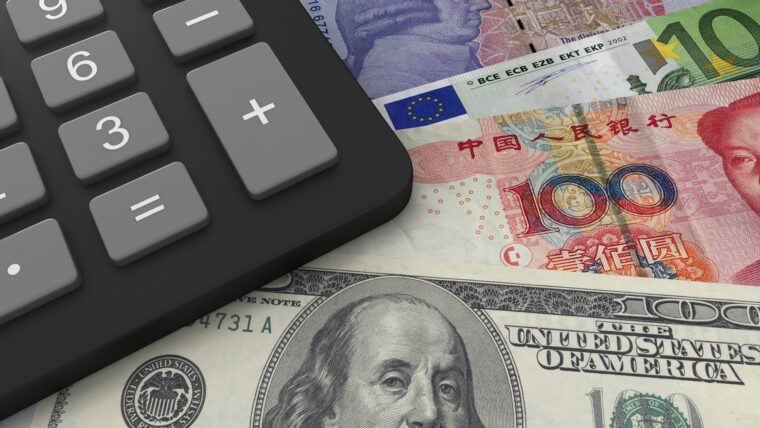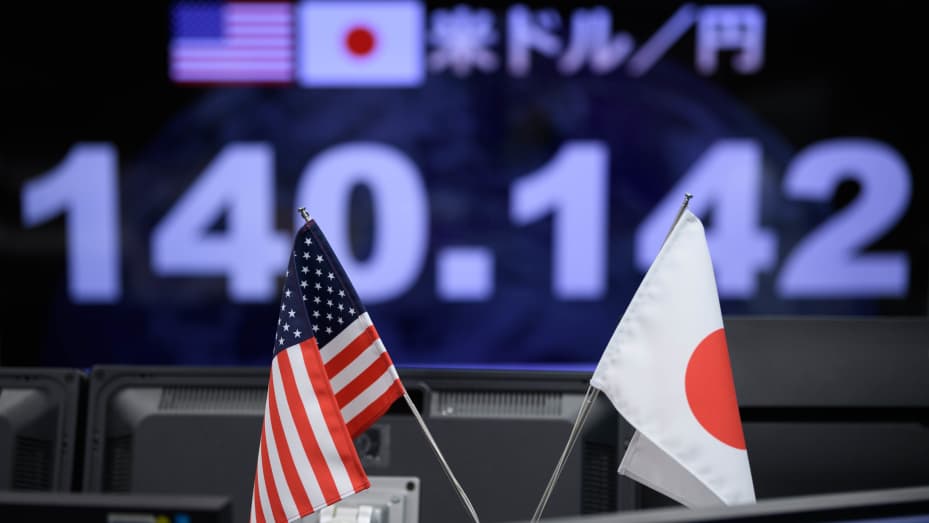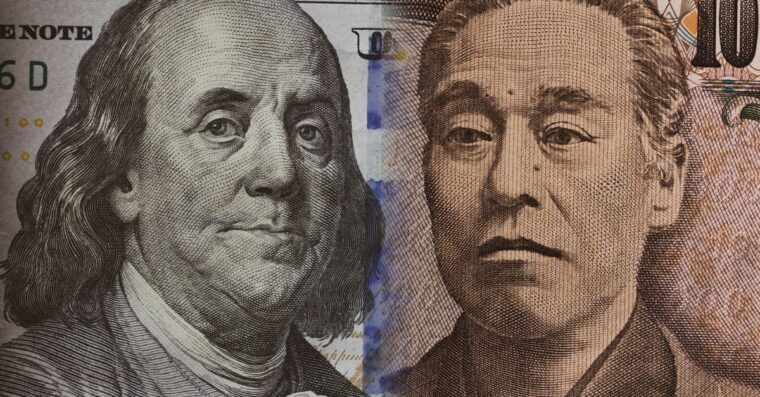Navigating the world of currency exchange can often feel like trying to catch a wave in the vast ocean of the global financial market. With the constant ebb and flow of exchange rates, deciding when to convert your dollars to yen requires a blend of timing, insight, and strategy. As investors and travelers alike look to maximize their returns or stretch their travel budget further, understanding the right moment to make a move is crucial.
In this dynamic financial landscape, the timing of converting USD to JPY can significantly impact the value you receive. This blog post aims to shed light on the factors that influence the USD to JPY exchange rate and provide practical tips for timing your currency exchange effectively. By delving into economic indicators, market trends, and geopolitical events, we’ll help you navigate the complexities of the currency market with confidence.
Interest Rates

The impact of interest rates on currency exchange cannot be overstated. Central banks, such as the Federal Reserve in the US and the Bank of Japan, set benchmark interest rates that influence the overall economic activity.
Higher interest rates offer lenders in an economy a higher return relative to other countries. Therefore, higher interest rates attract foreign capital and cause the exchange rate to rise.
For the USD/JPY pair, if the Federal Reserve raises interest rates while the Bank of Japan keeps theirs low, it could lead to an appreciation of the USD against the JPY. Conversely, if the Bank of Japan hikes rates or if there’s anticipation of tightening monetary policy in Japan, the yen could strengthen against the dollar.
Market Speculation
Market speculation can also significantly affect exchange rates. Traders and investors make bets on the future direction of currencies based on their analyses or speculative outlook. This speculation can lead to large flows of currency and volatility in the exchange rate.
For individuals looking to convert USD to yen, understanding the sentiment in the forex market and the positions large institutional investors are taking can provide insights into potential short-term movements in the USD/JPY exchange rate.
Timing Your Currency Exchange

Timing the market for optimal currency exchange can be challenging. It requires an understanding of the economic, political, and market factors that influence exchange rates. Monitoring economic indicators, central bank announcements, and geopolitical events can provide clues about potential movements in the USD/JPY exchange rate.
However, it is important to acknowledge the difficulty of predicting currency movements with absolute certainty. Many external factors can influence the market in unexpected ways. Therefore, adopting a strategy that suits your risk tolerance and financial goals is crucial.
Exchange Rate Trends
Analyzing long-term trends can offer insights into the general direction in which a currency pair is moving. Technical analysis, which involves studying past market data and price movements, can help identify patterns and trends that may suggest future movements. However, it’s essential to complement technical analysis with an understanding of the underlying economic fundamentals.
Hedging Strategies

For businesses or individuals with significant exposure to currency exchange risk, hedging strategies can mitigate potential losses due to unfavorable shifts in exchange rates.
Options, forwards, and futures are financial instruments that can be used to lock in exchange rates for future transactions. While hedging can protect against currency risk, it also requires a sophisticated understanding of financial markets and instruments.
Consulting Experts
Given the complexities involved in foreign exchange markets, consulting with financial experts or currency exchange professionals can provide tailored advice and strategies. These experts can offer insights into current market trends, economic forecasts, and hedging strategies to protect against adverse movements in exchange rates.
FAQs
How does the trade balance between the US and Japan affect the USD/JPY exchange rate?
The trade balance between the US and Japan can significantly impact the USD/JPY exchange rate. If the US has a trade deficit with Japan, meaning it imports more from Japan than it exports, there could be higher demand for yen, potentially strengthening the yen against the dollar. Conversely, if the US has a trade surplus, the increased demand for dollars by Japan could lead to the dollar appreciating against the yen.
Can the time of day or week affect the USD/JPY exchange rate?
Yes, the time of day and week can affect the USD/JPY exchange rate due to variations in global forex market activity. The forex market operates 24 hours a day, five days a week, and currencies can be more volatile during the overlap of market hours. For USD/JPY, significant fluctuations can occur during the overlap of the New York and London markets and when major financial data is released from either country.
Are there any tools or apps that can help me monitor the USD/JPY exchange rate in real-time?
Several financial news websites, forex trading platforms, and mobile apps offer real-time data on exchange rates, including USD/JPY. Tools like XE, OANDA, and Forex.com, as well as apps provided by financial institutions, allow users to track currency values, set alerts for specific exchange rates, and even offer analysis and forecasts.
How do natural disasters in Japan or the US impact the USD/JPY exchange rate?
Natural disasters can have a short-term impact on the USD/JPY exchange rate. In Japan, significant events like earthquakes or tsunamis can lead to a temporary weakening of the yen due to concerns over economic impacts. However, the yen might strengthen in the aftermath as funds are repatriated to pay for reconstruction efforts. In the US, similar events can also cause volatility, depending on the disaster’s economic impact.
Is it better to exchange currency at a bank, currency exchange bureau, or online?
The best place to exchange currency depends on the exchange rates and fees offered. Banks often provide security and convenience but might not offer the best rates. Currency exchange bureaus can be competitive but may also charge higher fees. Online exchange services often offer more competitive rates and lower fees but require checking their reliability and security. It’s advisable to compare rates and fees across several options before making a transaction.
How do changes in inflation rates in the US and Japan affect the USD/JPY exchange rate?
Inflation rates can affect the USD/JPY exchange rate by influencing the respective countries’ purchasing power. If inflation is higher in the US than in Japan, the dollar’s value might decrease relative to the yen, as higher inflation reduces the currency’s purchasing power. Conversely, if Japan experiences higher inflation than the US, the yen could weaken against the dollar. Central banks may adjust interest rates in response to inflation, further impacting exchange rates.
Final Words
Deciding whether it is a good time to convert USD to yen involves a nuanced understanding of a range of factors, including economic indicators, interest rates, geopolitical stability, and market speculation. While timing the market for optimal exchange rates can be challenging, staying informed about these factors can help you make more informed decisions.
It’s also vital to recognize the inherent unpredictability of currency markets and consider strategies that align with your financial objectives and risk tolerance. Whether it’s through careful market analysis, employing hedging strategies, or seeking professional advice, navigating the complexities of currency exchange requires a thoughtful and informed approach.
